Advice Concerning Nutritious Homemade Natural Dog Food
With many commercial pet foods being recalled in recent times, many pet owners have become increasingly worried about the quality of their dogs' food. The profit-prioritizing methods employed in the manufacturing process, the inclusion of chemicals and preservatives and poor-grade ingredients used by many brands do not help matters. There are two choices in solving this dilemma: switch to a high-grade, organic, expensive product available from some of the more ethical manufacturers specializing in natural dog food, or make your best friend's meal at home.
There are many recipes online for nutritious, natural dog food, and this article will give you a basic recipe to go by, but this article is meant to be a guideline, not professional advice. Also remember that certain breeds have specific dietary needs, and that (like humans) some dogs also suffer from allergies, and there are many conditions, diseases and other ailments that can be helped or hindered by diet. Size, lifestyle and age are also factors that should impact on your choices regarding ingredients, preparation and portion sizes.
Always, always get your vet's approval before feeding your pet new recipes or making any dietary changes. If you are unsure about anything, your veterinarian is the first person to check with.
As a general rule, a healthy canine diet should contain a balance of proteins, fats and carbohydrates. A supplement of minerals and vitamins should also be included, according to your animal's weight and your vet's instructions. Dogs require calcium, and bonemeal (human/dog-consumption grade - never use gardening bonemeal, as it can contain dangerous chemicals and other toxins) or powdered egg-shell can be added to your dog's food to make sure he/she gets the required amount.
Being carnivores, dogs require about forty percent of their diet to be protein. Easily available, good sources of protein include cooked, ground chicken, lamb or beef. Feed your best friend good quality meat that contains no chemicals, hormones or antibiotics. Find out if your local organic butcher has a pet section - many do. Kidneys, liver and other organ meat make for welcome, healthy ingredients to incorporate in your mutt's meal. An egg now and again is a good idea and your four-legged companion is bound to agree.
The remainder of the diet should be a mixture of vegetables and grains. Frozen veggies that can be happily incorporated: corn, peas, lima beans, cut green beans. Recommended fresh vegetables: grated carrots or zucchini, broccoli, baking potatoes, yams/sweet potatoes. Fast-cooking grains: cornmeal, couscous, rolled oats, quinoa, whole-wheat, bulgur. Longer-cooking grains: millet, brown rice, barley, wheat berries.
Please Note - Stay Away From: onions/onion powder, all forms of coffee, tea, alcoholic drinks, almonds, macadamia nuts, raisins and grapes (incl. Juices, oils, etc.), the green parts of potatoes (foliage, sprouts, peels), tomato leaves/stems, rhubarb leaves, fruit seeds and pits - these are all toxic. Veggies containing a lot of oxalic acid are not exactly toxic, but will hamper calcium absorption, so keep away from rhubarb, spinach and swiss chard if you can help it. Never feed your pets table scraps. Let just-cooked food cool down to room temp before feeding - some dogs get upset stomachs or burns when they wolf down hot or too-warm food.
A basic natural dog food recipe for a medium to large individual: a cup/1.5 cups of roasted chicken chopped into small pieces; a cup of cooked barley; half a cup of cooked grated carrots; half a cup of cooked green beans; a tablespoon of organic plain yoghurt.

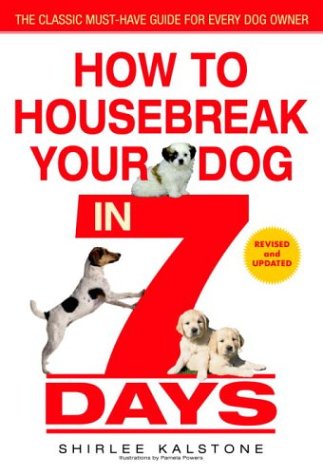 Tips On How To House Train A Puppy
Credit: Humane Society Of Greater Rochester v
Tips On How To House Train A Puppy
Credit: Humane Society Of Greater Rochester v
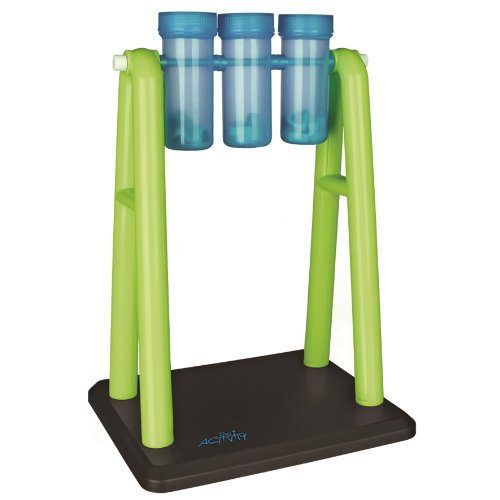 Does Neutering Your Dog Cause Cancer?
Many animal shelters and res
Does Neutering Your Dog Cause Cancer?
Many animal shelters and res
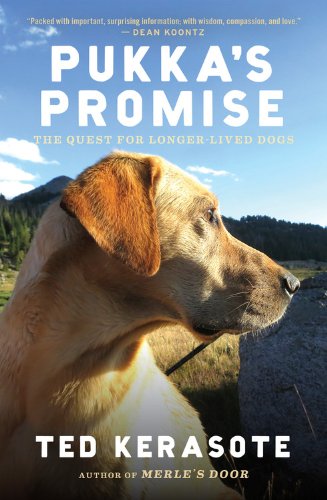 Can Your Dog Live Longer?
Live Long and PlayMans best
Can Your Dog Live Longer?
Live Long and PlayMans best
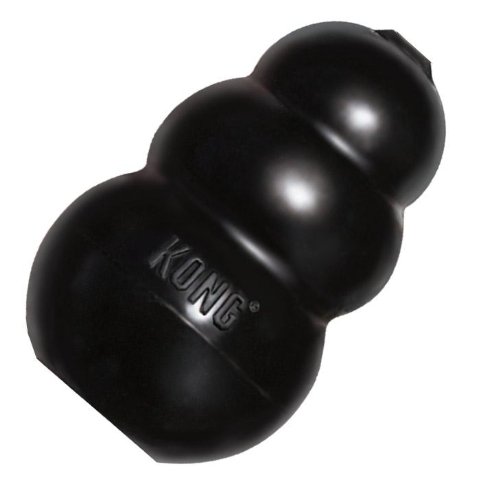 Dog Breed: Beagle Lab Mix
Dog hybrids are slowly becom
Dog Breed: Beagle Lab Mix
Dog hybrids are slowly becom
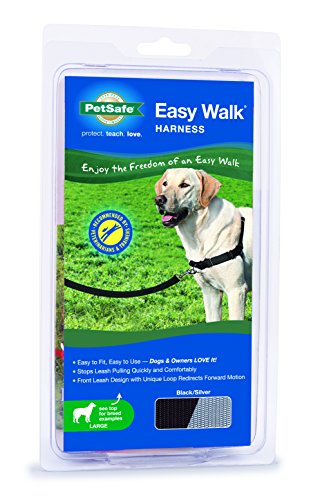 How To Stop Dogs Pulling On The Leash
To Stop Dogs Pulling Takes P
How To Stop Dogs Pulling On The Leash
To Stop Dogs Pulling Takes P